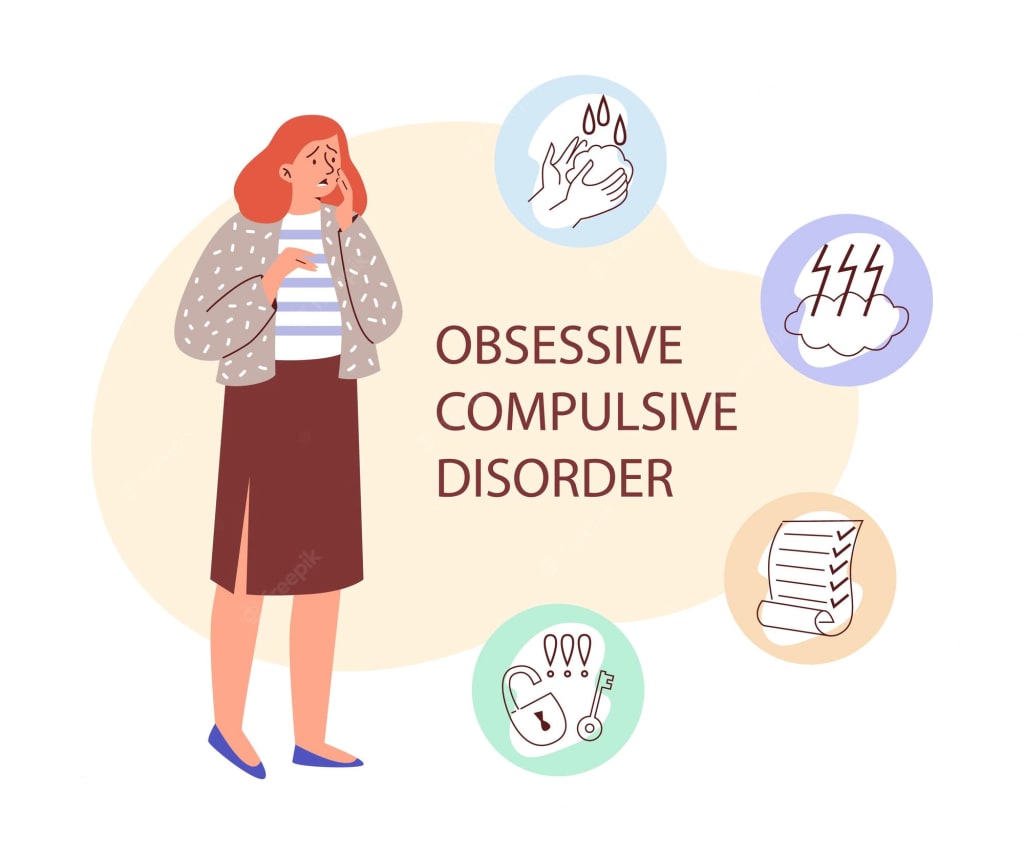What Causes OCD and How to Identify Possible Triggers
What Causes OCD and How to Identify Possible Triggers

Obsessive-Compulsive Disorder (OCD) is a challenging mental condition that affects millions of people around the world. Characterized by unwanted, recurrent thoughts (obsessions) and repetitive behaviors or mental acts (compulsions), it can become a debilitating condition that significantly impacts an individual's quality of life. But what leads to its onset, and how can one identify its triggers? We delved deep into the insights provided by an expert OCD psychiatrist to help elucidate this matter.
The Underlying Causes of OCD
Genetics: Family history seems to play a role in the development of OCD. Studies have shown that individuals who have a first-degree relative with OCD, like a parent or sibling, may be at a higher risk of developing the condition.
Brain Structure & Functioning: Some studies suggest that people with OCD may have abnormalities in certain parts of the brain. An imbalance of the neurotransmitter serotonin, which plays a role in mood and behavior, has also been implicated.
Environmental Factors: Childhood trauma, such as physical or sexual abuse, can increase the risk of OCD. Other events or changes, like the death of a loved one or a significant life transition, may also act as catalysts.
Infections: Although rare, some children develop OCD symptoms or exacerbate existing symptoms after a streptococcal infection—a phenomenon termed Pediatric Autoimmune Neuropsychiatric Disorders Associated with Streptococcal infections (PANDAS).
How to Identify Possible Triggers with the Help of an OCD Psychiatrist
Recognizing triggers is crucial as it enables individuals to better manage their symptoms and, in some cases, even reduce the frequency or intensity of their obsessive-compulsive episodes.
Maintain a Symptom Diary: One recommendation from the OCD psychiatrist is to maintain a diary documenting when symptoms flare up. Over time, patterns may emerge linking certain events, environments, or emotions with an increase in symptoms.
Analyze Stressful Situations: Stress often exacerbates mental health issues, including OCD. By pinpointing sources of stress, individuals can take steps to mitigate or avoid them.
Evaluate Personal Relationships: Interpersonal conflicts or specific individuals may act as triggers. It's essential to be aware of how certain relationships might contribute to the exacerbation of symptoms.
Recognize Sensory Triggers: Some individuals find their OCD symptoms are aggravated by specific sounds, sights, or even smells. Identifying and minimizing exposure to these sensory triggers can be helpful.
Consult with an OCD Psychiatrist: A specialized professional can offer invaluable insight into recognizing and managing triggers. They're trained to notice patterns that individuals might overlook and can provide evidence-based strategies for coping.
The Role of an OCD Psychiatrist
An OCD psychiatrist is not merely a passive consultant in the journey towards understanding and managing OCD. They play an active role in diagnosis, treatment, and ongoing management of the condition.
Diagnosis: Through a series of interviews, questionnaires, and in some cases, neuroimaging or other tests, an OCD psychiatrist can confirm or rule out a diagnosis of OCD.
Treatment: Depending on the severity of symptoms and the specific needs of the patient, an OCD psychiatrist may recommend a combination of cognitive-behavioral therapy (CBT) and medication. Exposure and Response Prevention (ERP), a subtype of CBT, has been found particularly effective for OCD.
Ongoing Management: OCD is a chronic condition, and even with successful treatment, symptoms may reoccur. Regular check-ins with an OCD psychiatrist can help in adjusting treatment plans, offering new coping strategies, or addressing any new challenges that arise.
Conclusion
While the exact cause of OCD remains a blend of genetic, biological, and environmental factors, the role of an OCD psychiatrist in helping individuals identify triggers and manage their symptoms is undeniable. By fostering a better understanding of this condition and promoting a proactive approach to its management, individuals with OCD can lead more fulfilling, less hindered lives.





Comments
There are no comments for this story
Be the first to respond and start the conversation.